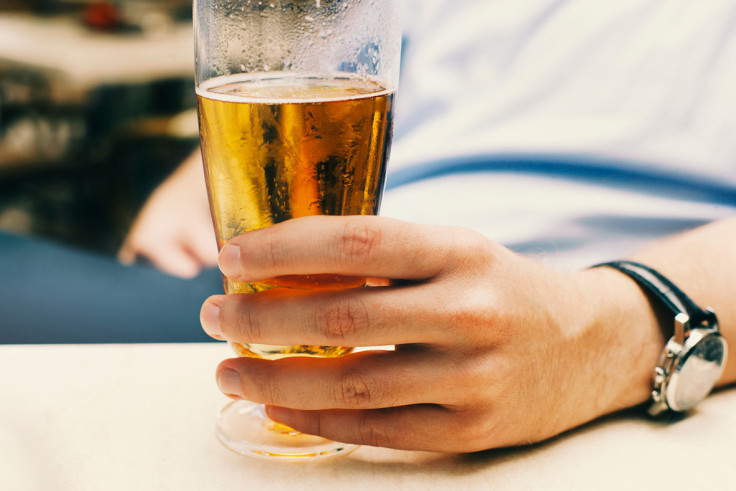Heavy alcohol use 'alters brain function of young men more than women'
Research shows how the effects of alcohol use on the brain differ between men and women.

A new study has found that there are significant differences in how long-term, heavy alcohol use affects the brain function of young men and women. The findings broaden our understanding of how alcohol affects the brain and could have major implications for the treatment of alcohol use disorders.
The study looked at two groups of young men and women all between the ages of 23 and 28. One group had been using alcohol for 10 years at the time of measurement, while the other group was made up of participants who rarely drank, if ever.
The Finnish team analysed how the brain responded to being stimulated by magnetic pulses that activate brain neurons. They found that, overall, alcohol users showed a greater response in the cortex – the large, outer portion of the brain – than non-users, but that men and women responded differently, with males showing a greater increase in electrical activity.
"We found more changes in brain electrical activity in male subjects, than in females, which was a surprise, as we expected it would be the other way around. This means that male brain electrical functioning is changed more than female brains by long-term alcohol use", said Dr Outi Kaarre from the University of Eastern Finland and Kuopio University Hospital.
They also observed more changes in the neurotransmission systems of the male brains compared to females. Neurotransmission is the process by which nerve cells in the brain communicate using electrical and chemical signals. There was heightened activity of one neurotransmitter chemical, called GABA, among the males.
"We're still trying to figure out what this means, but GABA is a pretty fundamental neurotransmitter in the inhibition of many brain and central nervous systems functions. It's involved in many neurological systems, and is important in anxiety and depression. Generally, it seems to calm down brain activity", said Kaarre.
In addition, there are two types of GABA receptors – the structures that receive neurotransmitter chemicals – called GABA-A and GABA-B. The study showed that in the men, both receptors were affected, whereas in the women, only A was. This is significant because activity in the two receptors is associated with different behaviours.
"We know from animal studies that GABA-A receptor activity seems to affect drinking patterns, whereas GABA-B receptors seem to be involved in overall desire for alcohol. It has been suggested that women and men may respond differently to alcohol. Our work offers a possible mechanism to these differences."
According to the team, one implication of these results is that gender differences could be considered when treating alcohol use disorders.
The findings were presented at the annual conference of the European College of Neuropsychopharmacology, an independent association dedicated to the science and treatment of disorders of the brain.
© Copyright IBTimes 2025. All rights reserved.





















